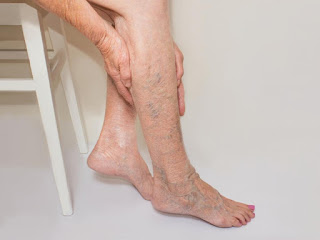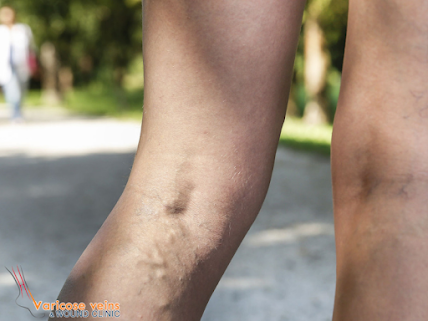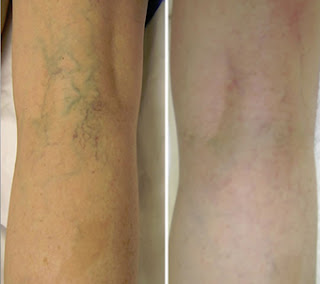HOW GENETICS CAN CAUSE VARICOSE VEINS

1. Introduction Varicose veins are a common condition characterized by enlarged, twisted veins that often appear on the legs and feet. While lifestyle factors such as obesity, prolonged standing, and lack of physical activity are commonly associated with varicose veins, genetics can also play a significant role in their development. In this article, we will explore how genetics can cause varicose veins and the underlying mechanisms behind this phenomenon. 2. Understanding Varicose Veins Before delving into the genetic aspects, it is essential to understand the basics of varicose veins. Veins in our body are responsible for carrying deoxygenated blood back to the heart. They have one-way valves that ensure proper blood flow against gravity. When these valves weaken or become damaged, blood can pool in the veins, leading to their dilation and the formation of varicose veins. 3. The Role of Genetics Research suggests that genetics can influence the development of varicose veins, ind...



